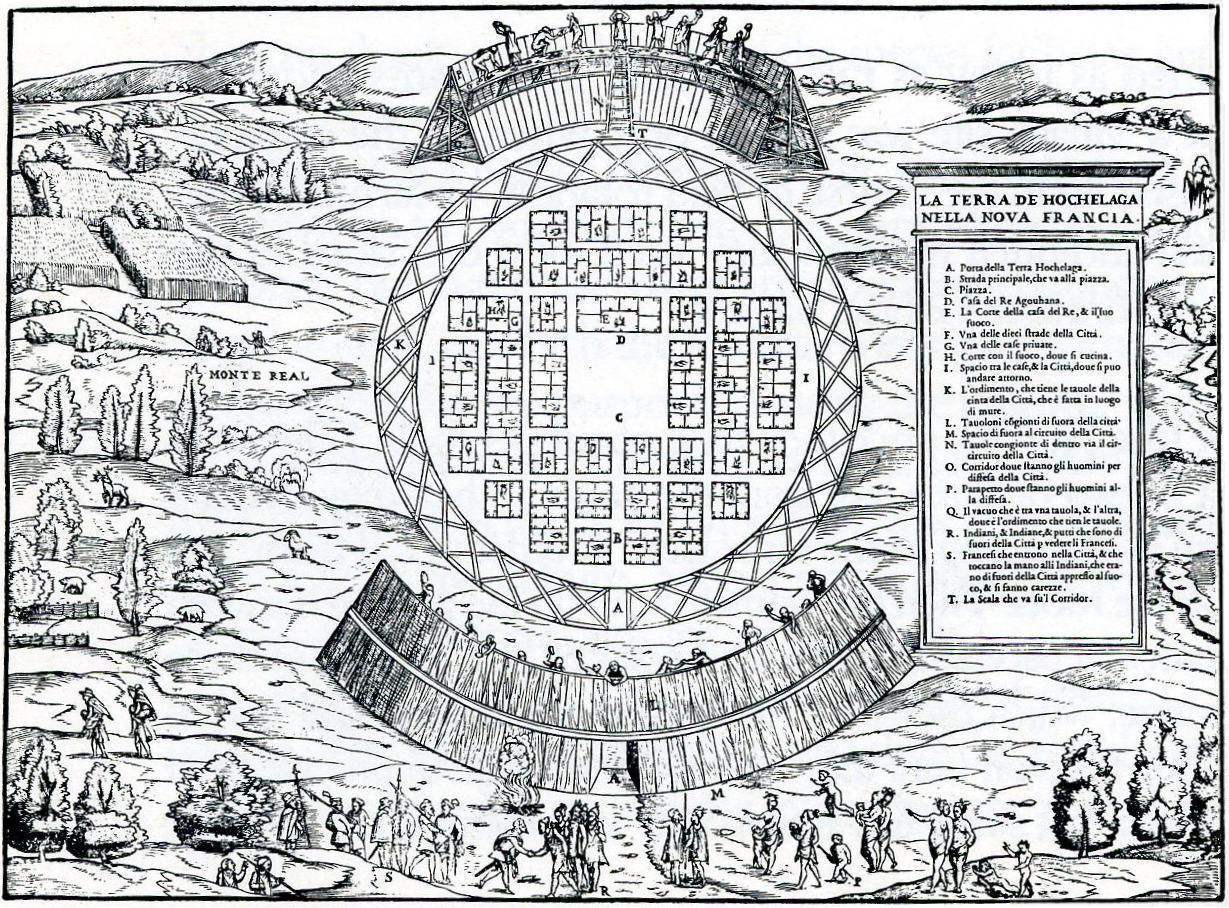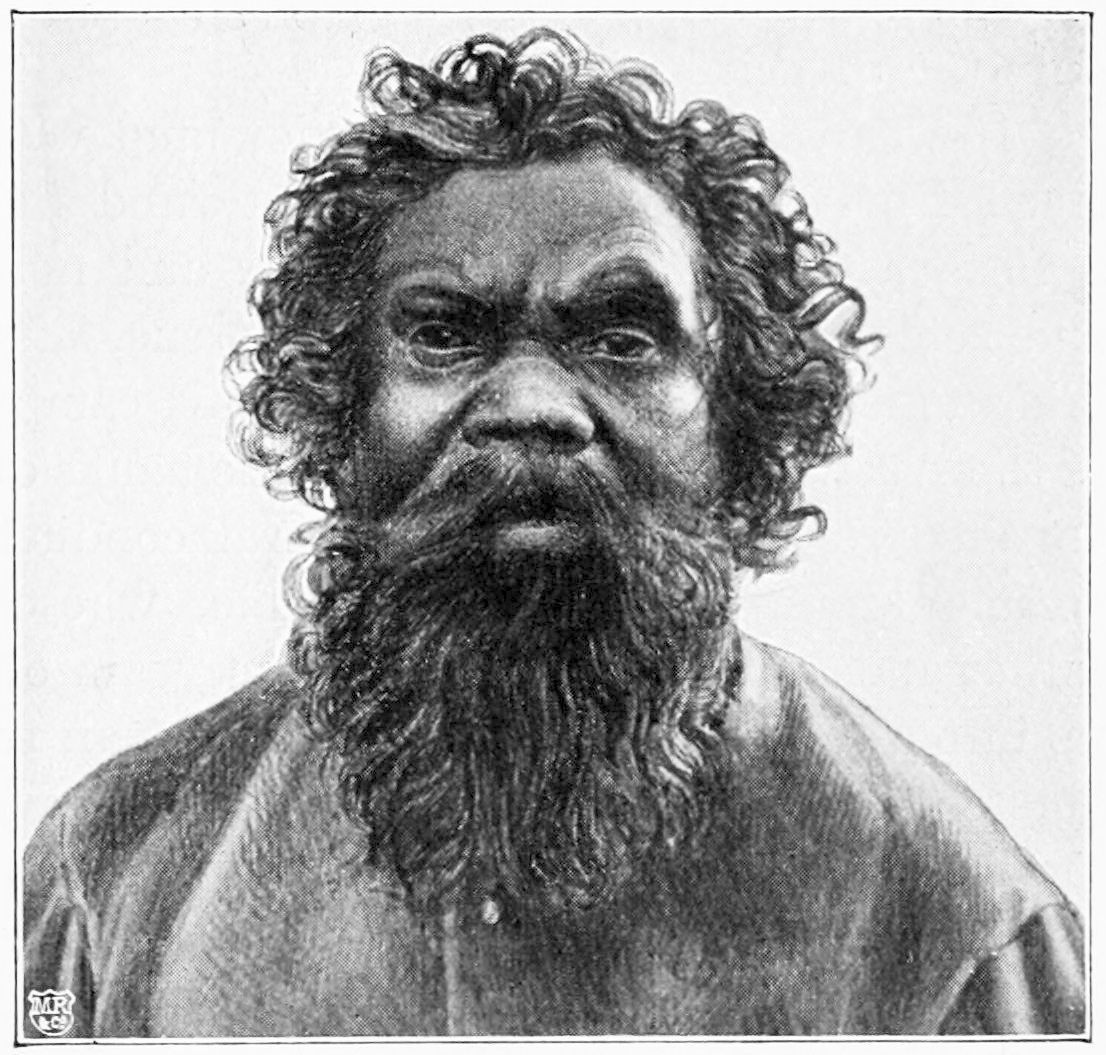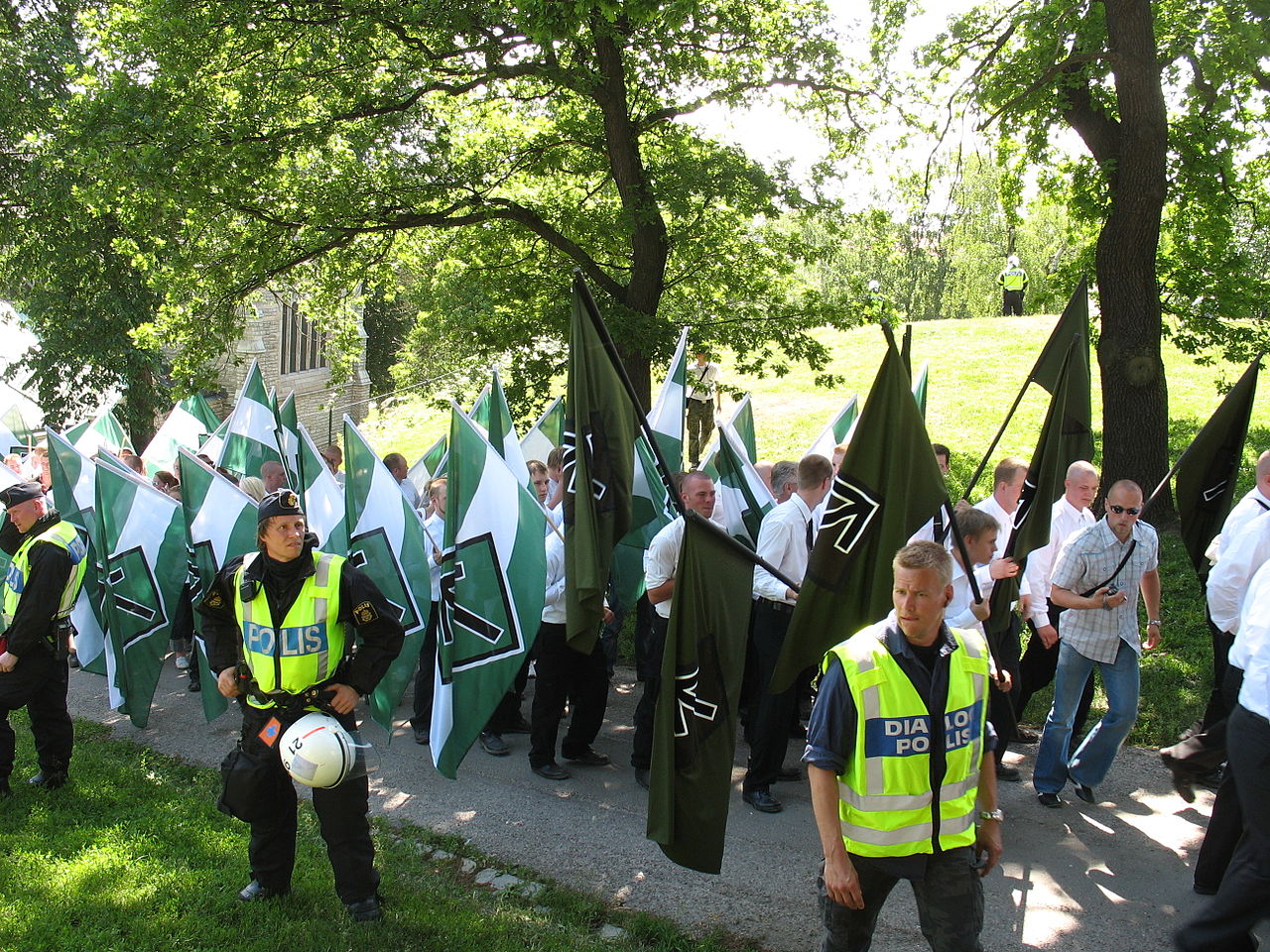Recently, a proposed sculpture park project to include bronze statues of all of Canada's prime ministers (with funding raised privately) was cancelled by Waterloo's Wilfrid Laurier University. The first statue, of Sir John A. Macdonald, had already been installed. The project had previously been rejected, at public insistence, by the city of Kitchener. One marvels, when public money is wasted on such unattractive and absurd art installations as it is, that this is the one that stuck in everyone's craw.
The stated reason is that it was “politically insensitive (if not offensive) to celebrate and memorialize all Canadian prime ministers … on land that traditionally belongs to the … Anishnaube and Haudenausanee peoples...” The city of Kitchener backed out on the grounds that it did not reflect the “diversity”of the region.
Let's take Sir John A. He, after all, seems to be singled out for special condemnation by the social justice league of Canada. In Waterloo, it was his statue alone that was physically removed. In Kingston, last January 11, Macdonald's 201st birthday, somebody working in the night slashed the tires of the man organizing a commemorative ceremony, as well as splashing his car with red paint. Presumably symbolizing blood. They also apparently, in eerie if unintentional echo of KKK traditions, burned a Canadian flag on his lawn. One of the local “activists” (what would you prefer to call them?) is quoted by the papers referring to Macdonald as a “genocidal maniac.” In previous recent years, the anniversary had been celebrated by nocturnal spraypainting—again with red paint—of the John A. statue in Kingston's city park with the phrases “This is stolen land,” “murderer,” and “colonizer.” An Idle No More protester explained: “Would people commemorate the crimes that Hitler did? Because this is basically the same principle.”
No wonder this sort of thing happens again every year. Those who do not learn history are condemned to repeat it.
 |
| An oddly suitable memorial |
Macdonald's unspeakable crimes are apparently these: 1. as per the Kingston graffito, that he stole Indian land; 2. that he killed Indians by deliberate starvation, 3. that he was responsible, as longtime Superintendent of Indian Affairs, for the setup of the residential schools system, which constituted “cultural genocide” as well as enabling widespread child abuse 4. (per Timothy J. Stanley at
Active History) that he made war against the Indians in 1885. That seems to be the basic bill of indictment. Lets deal with the charges in turn.
One: he stole Indian land. This seems to be another case of apishly following trends in the US. The truth is, the history of aboriginal-government relations is very different in Canada and the US. Which is why the US-Canada border was known among plains Indians as the Medicine Line. Which is why, in both the Revolutionary War and the War of 1812, aboriginals flocked to British/Canadian colours in great numbers. The favourable treatment of Indians, in fact, protecting them from wildcat European settlement beyond the Appalachians, was one of the causes of the Revolution, cited obliquely in the Declaration of Independence. Here was no Trail of Tears. Here was no Wounded Knee. Here, negotiated settlements, notably the numbered treaties that began under Macdonald, preceded any incoming settlement, along with the NWMP/RCMP to ensure peace and order—another initiative of Sir John A.'s. Their first mandate was to protect the natives against the predations of dubious non-aboriginal traders.
 |
| NWMP officers, 1898 |
This insistence on proper treaties and native compensation for any lands deeded to non-native Canadians was largely due as well to Sir John A. Not everyone at the time felt it necessary. After all, Indians held and used land in a manner very foreign to European norms. They were nomadic, in a sense never more than visitors, and their use of and therefore natural claim on any particular parcel of land was ephemeral. Boundaries between tribes were constantly shifting. Oliver Mowat, premier of Ontario for much of Macdonald's tenure, held that the Indians had no strictly legal rights in the matter, and their claims were purely moral.
A celebrated Ontario court judgment of the time held the same. Macdonald and his governments instead insisted on earlier British policies, respecting native ownership, setting a precedent honoured by future Canadian governments, and future Canadian prime ministers, without exception.
If someone sells you his house, you did not steal it. If he comes back a few years later and demands more money, he is not a moral fellow. He certainly has no say if you choose to put a statue of anyone on your lawn.
Some natives have recently insisted that the Indian oral understanding of the original treaties was different from the government's written documents, that they, being non-literate, were lied to and conned by the government agents. They had intended to cede ownership of the land "only to the depth of a plough blade.” Their fellow Canadians therefore owed them trillions in past resource revenue.
 |
| Idle No More protestor. Oddly not considered hate speech. |
There are several problems with such claims. First, there is a reason for the invention of writing. The original reason was to keep accurate records in case of dispute. Oral records can be quite reliable, if it is in everyone's interest to preserve them intact. But they can also be altered at any time by either party, and therefore are not of great evidentiary value. Written evidence preserves the matter beyond dispute. As a result, there is every reason to give written records absolute priority. Second, this claim goes emphatically against the written text. In the words of Treaty Three, which become legal boilerplate for subsequent agreements: “[the Indian signatories] do hereby cede, release, surrender and yield up to the Government of the Dominion of Canada for Her Majesty the Queen and Her successors forever, all their rights, titles and privileges whatsoever, to the lands included.” There is no ambiguity there. To accuse the government agents of misleading the natives on this point requires accusing them of a truly breathtaking act of mendacity. Third, a large part of the very point of the treaties from the government's point of view was to allow for unhindered mineral extraction. To go back on that now would be unfair to that signing party. Fourth, the native cultures were still in the stone age. They did not mine any metals. They would have had little idea of value of any sort buried below ground, little use for it, and little reason to even think what was down there. It seems unlikely they would have made any such reservation, even in their own minds. Fifth, this being so, the government agents would have gained nothing by having lied on this point. It would have done nothing to improve their bargaining position. Sixth, the intrinsic unlikeliness of the native claims is itself evidence that their “oral understanding”of the agreements has been altered for their benefit, and is indeed not to be trusted.
Two: Macdonald killed Indians by deliberate starvation. The essential piece of evidence here is Macdonald's boast in the Commons, “[We] are doing all we can by refusing food until the Indians are on the verge of starvation...” Note this: “on the verge.” At worst possible interpretation, Macdonald is saying that to the best of his knowledge, nobody is starving. Nevertheless,
Dennis Gruending, writing for
Rabble, accuses Kingston's favourite son of creating “the conditions for a tuberculosis epidemic in aboriginal communities.” This is a bit of a stretch, since tuberculosis has been a major problem in aboriginal communities both before and after Macdonald. It is currently
31 times the rate among the general Canadian population. In any case, how can Macdonald's food policies be to blame? Everyone knows it is the residential schools that are at fault here.
 |
| Medal struck by Canadian government to commemmorate the signing of Treaties 3-7 |
Now, the words immediately before that “on the verge” are significant. A fuller quote is “We cannot allow them to die for want of food. We are doing all we can, by refusing food until the Indians are on the verge of starvation, to reduce the expense.”
That gives a little context. Simply on the face of it, there was no policy to starve the Indians, no genocide. Canada was in recession, and the opposition was challenging the government policy of sending food aid to the Indians as extravagant. Macdonald was defending against this attack, and perhaps using hyperbole in the effort. Politicians have been known to do this. Note that Canada at this time had no social safety net, no welfare, no disability, no child allowance, no old age pension. Other Canadians were left to sink or swim, as far as the government was involved. Yet this group was being helped out, in part by taking funds from fellow Canadians who might have needed it badly themselves. Note too that there was no actual obligation on the government to send food. Treaty One, Two, Three, Four, Five, and Seven say nothing about the government being responsible for sending aid in any circumstances. Aboriginals were given seed, large tracts of land, and farm implements, and expected thenceforth to look after themselves, like every other Canadian. Integration was the aim. The wording of Treaty Six alone, of all the treaties in effect during Macdonald's time, gives a mandate, but is ambiguous and leaves lots of wiggle room:
That in the event hereafter of the Indians comprised within this treaty being overtaken by any pestilence, or by a general famine, the Queen, on being satisfied and certified thereof by Her Indian Agent or Agents, will grant to the Indians assistance of such character and to such extent as Her Chief Superintendent of Indian Affairs shall deem necessary and sufficient to relieve the Indians from the calamity that shall have befallen them. (Treaty Six)
Very much at the discretion of the government, although it would have violated the spirit of Treaty Six to have done nothing. Treaty Six covered a large chunk of central Saskatchewan and Alberta.
 |
| The Qu'Appelle Residential School |
Three: Macdonald was guilty of “cultural genocide” for founding the residential schools system.
All of the numbered treaties included the requirement that the government set up schools and pay for teachers.
And further, Her Majesty agrees to maintain a school on each reserve hereby made whenever the Indians of the reserve should desire it. (Treaty One, Treaty Two)
And further, Her Majesty agrees to maintain schools for instruction in such reserves hereby made as to Her Government of Her Dominion of Canada may seem advisable whenever the Indians of the reserve shall desire it. (Treaty Three)
Further, Her Majesty agrees to maintain a school in the reserve allotted to each band as soon as they settle on said reserve and are prepared for a teacher. (Treaty Four)
And further, Her Majesty agrees to maintain schools for instruction in such reserves hereby made as to Her Government of the Dominion of Canada may seem advisable, whenever the Indians of the reserve shall desire it. (Treaty Five, Treaty Six)
Further, Her Majesty agrees to pay the salary of such teachers to instruct the children of said Indians as to Her Government of Canada may seem advisable, when said Indians are settled on their Reserves and shall desire teachers. (Treaty Seven)
 |
| Classroom, Fort Albany Residential Scvhool |
At whose insistence? Not the government's. Their priority was to spare expense, and this was an added expense. It was at native insistence, and was one of their chief goals in signing the treaties. They could see that their traditional way of life was unsustainable and far less desirable than that of the European settlers. They wanted the next generation to learn to farm or follow a trade, and to integrate. The treaties specified that schools would be built only where and when the Indians wanted; the vast majority of aboriginal children were always educated at day schools. The residential schools were for children whose homes were too remote to support a local school. The government did not want to pay for a residential school if they did not have to: it greatly increased their costs per student. The fact that only a small proportion of native children were ever educated in residential schools makes ludicrous the claim, often heard, that the residential schools are to blame for all the ills of Indian society even today.
The basic idea of the residential schools, from the start and at native insistence, was to promote integration. Objectively, the government probably did not particularly care: integration or segregation was all the same to them. It was, in fact, and transparently, the same programme advocated by Martin Luther King and the civil rights movement of the US South. If this was “cultural genocide,” King is a leading criminal against humanity.
 |
| Not his natural skin colour. Which was red. |
As for child abuse in the schools, it is a tragic certainty that those inclined to bully are inevitably going to have an incentive to choose careers, like teacher or palliative care nurse, which make this avocation easier to pursue. They will seek defenseless prey. They will, if possible, sign up for locations, like remote residential schools, where supervision is minimal. More remote day schools might have been worse. Pedophiles are going to look for jobs that put them in close contact with children, ideally without much supervision, for long periods of the day or night, ideally with the pedophiles in some kind of formal relationship of control. There are few ways to protect against this tendency; probably the best is to turn such positions over to those who have an apparent and stated religious or moral reason for being there, as this may explain their presence instead of predatory instincts. Better still if they have some sort of moral supervision by a religious society and superior. Probably a vow of celibacy is even better.
But this is exactly the path the residential schools took. It was not one hundred percent efffective, but nothing is. In recent years, we have been coming to a growing realization that this problem is pandemic to schools of all sorts; there is nothing special, and certainly nothing intentional in the design of residential schools, in this regard. Ironically, the very richest strata of society have traditionally insisted on paying great sums for the privilege of sending their children into the same circumstances considered abusive when the students are aboriginal. Heads you win, tails we lose.

In 2006-2007, a settlement of $2 billion was mandated by the courts--the largest class action settlement in Canadian history--to anyone who had gone to a residential school. Not just those who could demonstrate abuse. Anyone. This was a huge transfer of wealth to a privileged group from fellow Canadians. Who obviously had nothing to do with the residential schools, whether the latter were good or bad.
Discipline in the residential schools, they say, was strict. No doubt. It was strict everywhere. Some of it, there as elsewhere, was surely bullying. Welcome to school. On the other hand, there is an entirely forgotten reason for the good old hickory stick, quite apart even from discipline, and in the best interests of the students. For thousands of years, in essentially all cultures, it has been realized that our ability to remember is tied to some sort of emotional association with the thing remembered—Aristotle, for example, wrote that every memory involved an emotion. It follows that the ever-present fear of punishment helps us remember. “[P]hysical methods were thought to ensure that knowledge was securely impressed into the memories of schoolchildren” (Mary Carruthers and Jan Ziolkowski,
The Medieval Craft of Memory, p. 21). What we do not remember, we have not learned.
 |
| Battle of Fish Creek. |
Four: Macdonald made war on the Indians, in 1885.
He did not. This seems to be another slavish imitation of American models. Macdonald is perhaps being confused with Andrew Jackson. The reference is to the Northwest Rebellion. The Indians, or rather a very small group of Indians, made war on him, in violation of treaty. They may have had real grievances, they may not, but this was not the way to address them. He had the natural right of self defense, as well as the public duty to keep the country together and in full possession of its territory.
It was all a comic opera affair, and few actually got killed. After a conventional trial and benefit of law, eight aboriginal ringleaders were hanged, along with Louis Riel. Maybe they did not deserve it; but it was not really Macdonald's call. Poundmaker went to prison for less than a year. The chief government response in the aftermath—which was Macdonald's call--was to send more food aid to the Western reserves.
If this is the worst that can be brought against any of Canada's leaders, Canada stands alone as the most tolerant of nations, We ought to be celebrating this.
How about a sculpture park?
















.png)











.jpg)











